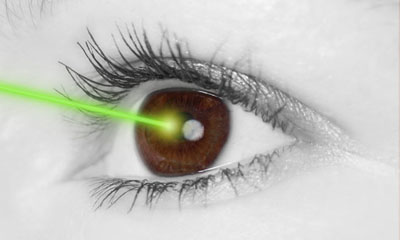Refractive Surgery Pre-Examination
Services > Refractive Surgery Pre-Examination
Your optometrist, in conjunction with an ophthalmologist may conduct certain pre-examinations to determine whether a patient is a likely candidate for refractive surgery. Amongst others, the following tests are commonly performed:
Dry Eye – Ocular dryness already present in patients undergoing LASIK surgery, will have a higher risk of post-operative dryness. If ocular dryness is detected, then treatment is started promptly. Patients will need continual follow up and re-evaluation until dryness is improved, before refractive surgery can be performed.
Pupil size – Patients with larger pupil sizes may be at risk for glare and halos after refractive surgery.
Pachymetry – Accurate corneal thickness measurements are essential to evaluate that adequate corneal thickness is present for the treatment needed.
Keratometry – measurement of the corneal curvature is important to evaluate the corneal shape pre-operatively.
Corneal topography – Corneal topography is a valuable three dimensional imaging tool to map the surface of the cornea as well as detecting a variety of corneal abnormalities.

